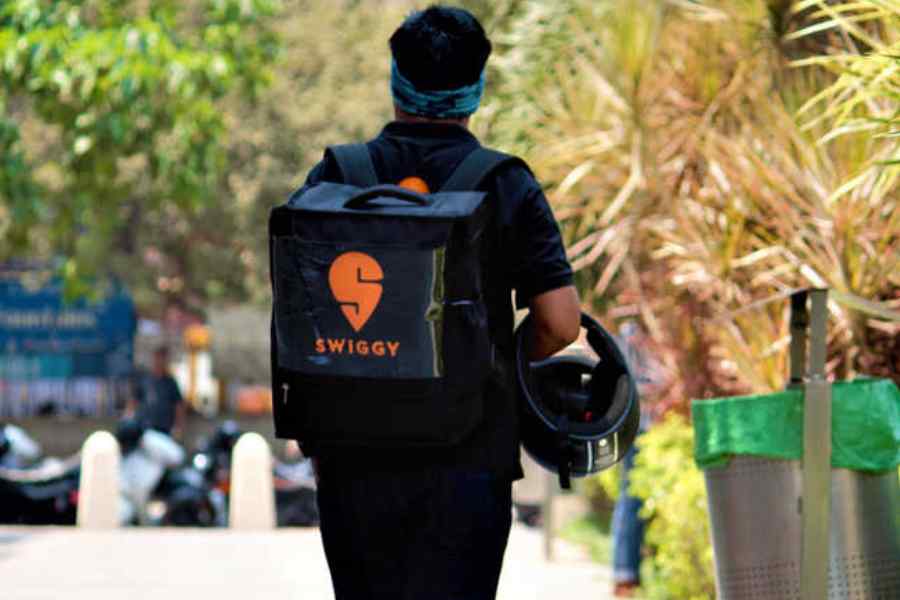Quick commerce has been a game-changer, offering almost instant delivery of consumer products and goods in the shortest possible time. The popularity of quick delivery apps has, thus, increased exponentially. But so has the exploitation of the workforce powering this service. A new survey conducted by the Rajdhani App Workers’ Union has revealed that basic amenities for workers are missing and safety standards are violated at the warehouses of companies like Zepto, Blinkit, Instamart, Big Basket and Flipkart Minutes in the National Capital Region. Across 51 of the warehouses, workers lacked access to toilets, drinking water, rest areas and first-aid facilities. Only 72% of the warehouses have the provision for toilets; among them, 35% lack running water, forcing workers to relieve themselves in open areas. That is not the complete list of infringements. First-aid kits are crucial for gig economy workers, especially those engaged in physically demanding labour. Even though 69% of the warehouses claimed to have first-aid kits, most were locked away or inaccessible. Furthermore, 40% of the warehouse spaces lacked parking facilities, leading to illegal parking and heightened confrontations with law enforcement personnel — around 37% workers reported being harassed by the police. Alarmingly, 16% of the workers cited abusive behaviour on the part of the management and managers and 43% of warehouses were reported to be apathetic to workers’ concerns.
The Q-commerce sector in India currently has a market size of $700 million and is likely to grow eight times to reach a $5.5 billion market value by 2025. A March report by TeamLease Services Limited, a staffing company, showed that the number of the under-the-roof employees of the Q-commerce sector is projected to increase by 50% by next year, taking the overall employment, both in-house and delivery partners, in the sector to 5-5.5 lakh. Yet, gig economy workers remain vulnerable to a range of rights violations, including the denial of minimum wage and regular income as well as the absence of basic amenities. Their legal definition also falls in a grey area, making it difficult for them to claim rights and benefits available to those deemed as employees. The code of social security 2020, among the four new labour codes, recognises the need for social security in the gig economy but does not provide the terms of classification of these workers. Such ambiguities perpetuate irregularities and must be addressed.











